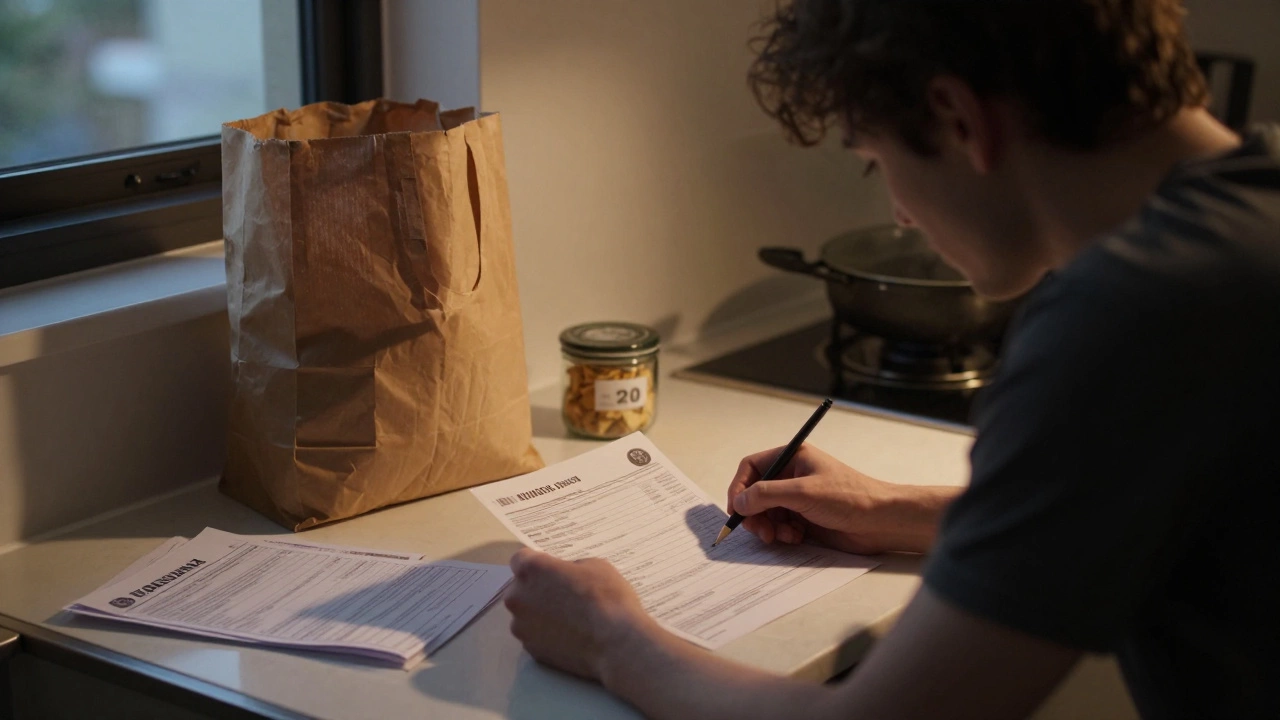Emergency Fund Essentials: Why You Need One and How to Build It
Picture this: your car breaks down, a sudden medical bill pops up, or you lose your job. Without a cash cushion, stress spikes and choices get risky. That’s exactly why a solid emergency fund is the backbone of any good money plan.
So, how much should you stash? Most experts say three to six months' worth of essential expenses – think rent, utilities, groceries, transport, and any minimum loan payments. If your monthly outgoings total £2,000, aim for £6,000‑£12,000. It sounds big, but you can get there a little at a time.
Step‑by‑Step: Start Saving Today
1. Know your baseline. List every mandatory cost for a month. Use a simple spreadsheet or the "Simple Basic Budget Setup" guide we have – it walks you through the numbers without jargon.
2. Set a realistic target. If three months feels daunting, begin with one month’s expenses. Hitting the first £2,000 will boost confidence and create momentum.
3. Automate the grind. Hook up a direct debit from your checking account to a separate high‑interest savings account each payday. Even £50 a week adds up to £2,600 a year.
4. Choose the right home for your cash. Look for savings accounts offering 7% interest – several UK banks currently list such rates. A higher rate means your fund grows while you’re not touching it.
5. Keep it liquid. Avoid locking the money in long‑term products like CDs or equity release schemes. Your emergency stash should be easy to pull out, preferably online or at a local branch.
Boost Your Fund with Smart Moves
While you’re building your cushion, consider these side‑hustles:
- Switching to a lower‑cost credit card and applying the 20% credit card rule can free up cash for savings.
- Reviewing your ISA options. A cash ISA with a competitive tax‑free rate lets you grow money without losing easy access.
- Negotiating better terms on existing debts – a lower mortgage or consolidating loans can slash monthly outflows, freeing more to stash.
Remember, the emergency fund isn’t a “set‑and‑forget” thing. Review it annually or whenever your expenses shift. If your rent rises or you add a new monthly commitment, adjust the target amount.
Lastly, treat the fund like any other bill. Mark it on your calendar, celebrate milestones, and resist the urge to dip in for non‑emergencies. A well‑filled emergency fund brings peace of mind and gives you the freedom to make better financial decisions when life throws a curveball.
Ready to start? Grab a notebook, jot down your essential costs, and set up that automatic transfer today. Your future self will thank you.
How much money should I have after bills? A realistic guide for Australian households

After paying bills, how much should you have left? In Australia today, most people are left with little to nothing. This guide shows realistic targets, real examples, and practical steps to build a safety net-even on a tight budget.
Read More >>How Much Cash Should You Keep in a Savings Account?

This article digs into how much money you should actually keep parked in your savings account. We break down why having the right amount matters, how to decide your target balance, and what to do if you have too much or too little set aside. Expect practical advice, expert-backed tips, and things people usually overlook when managing their emergency savings. Whether you're just getting started or rethinking your goals, you'll get clear steps to take. We also highlight some common mistakes and easy fixes.
Read More >>Optimal Savings: What Amount is Right for You?

Knowing how much to save can be challenging. From gauging your lifestyle to setting clear financial goals, understanding optimal savings is crucial. This article explores how much money is recommended in savings, tailoring advice to different situations. We'll also share tips that help you effectively manage and grow your savings.
Read More >>